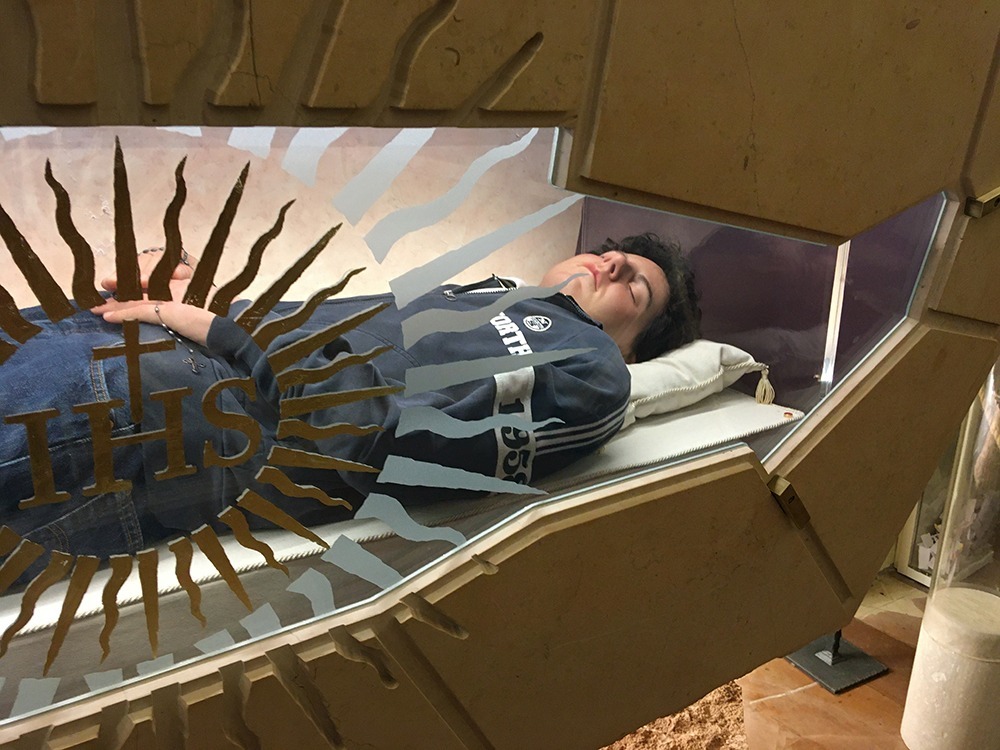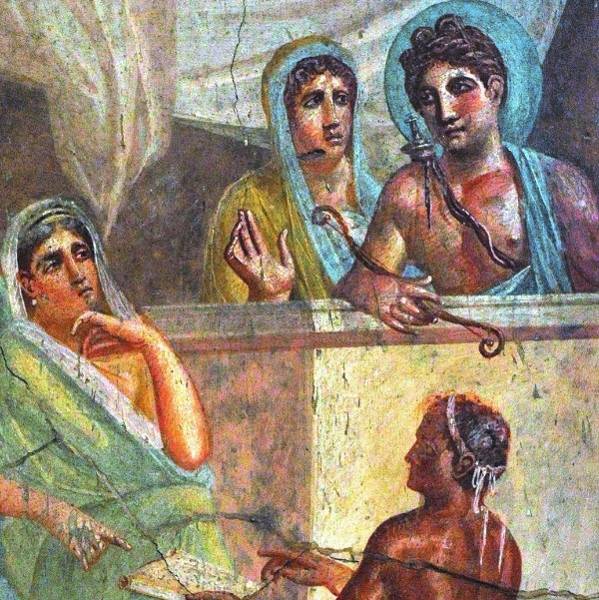
A computer whizz may become the first saint of his generation, after being beatified by Pope Francis. Before his death of leukemia in 2006, at the age of 15, Carlo Acutis ran websites for Catholic organisations and catalogued purported miracles online – using the internet, as the Pope proclaimed, “in service of the Gospel”.
Acutis was born in London to Italian parents, who brought him back to Milan where he developed a strong interest in the Catholic faith. In 2019, the Church attributed a miracle to him: a seven-year-old boy in Brazil was supposedly healed of a pancreatic condition, after coming into contact with a piece of the dead boy’s old T-shirt.
The beatification of a teenage programmer might seem to gel with the modernising approach of the current Pope. Francis has drawn fire for shifting church power away from Rome to bishops in Africa, South America and Asia, and an interview recently came to light in which he appeared to declare support for civil unions for same-sex couples.
The other figures to be beatified this century are unusual in their own way. Pope Benedict XVI is on his way to canonisation, but so is Leonella Sgorbati, an Italian nun who was murdered in Somalia outside the children’s hospital where she taught, in a shooting believed to have been provoked by controversial comments about Islam made by Pope Benedict.
Canonisation is a complex and, one might say, political procedure. Firstly, the person’s life is investigated by a bishop, usually five years after their death. Then the evidence is submitted to a panel, known as the Congregation for the Causes of Saints. On their approval, the Pope then decides if the person was of “heroic virtue”. After that comes the tricky part: miracles. Saints must have two miracles attributed to them before they can be canonised.
In the case of Carlo Acutis, the call for beatification gained momentum soon after his death, but the campaign had to wait for the incident in Brazil. It’s reported that the sick boy prayed that he should not “throw up as much”. And that, apparently, came to pass.
This piece is a preview from the Witness section of New Humanist winter 2020. Subscribe today.

